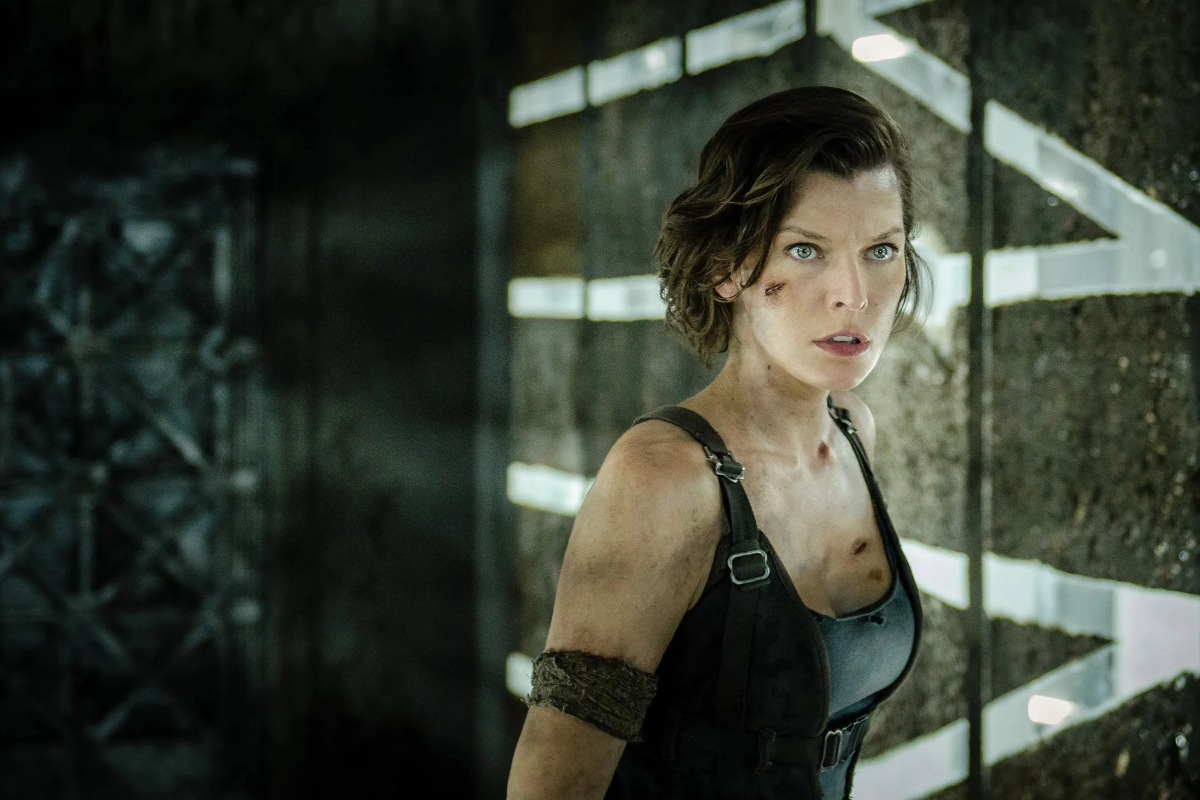She wasn’t in the original game, yet she became the face audiences couldn’t ignore. How did Alice turn a divisive adaptation into a billion-dollar phenomenon and stake a claim among sci-fi’s fiercest heroines?
Her name wasn’t in the games, yet she became the face of their most enduring film saga. From 2002 to 2017, Alice, embodied by Milla Jovovich, turned Resident Evil into a global pop culture habit. Behind her, Paul W.S. Anderson fused game lore with Lewis Carroll inspirations, trading purist fidelity for a new, kinetic myth. The result is not just box-office muscle but a blueprint for the modern action heroine that continues to shape the franchise’s future.
A heroine beyond the screen
The name Alice may not instantly evoke science fiction royalty, yet tied to the Resident Evil film series she stands tall. Across six films, the fierce protagonist, portrayed by Milla Jovovich, anchored a saga that amassed over $1.2 billion worldwide. That level of success was earned, fight after pulse-pounding fight.
From video game roots to cinematic heights
One striking aspect of Alice is her origin, or rather her absence in the games. Unlike Claire Redfield and Jill Valentine, she does not come directly from Capcom’s Resident Evil series; director Paul W.S. Anderson conceived her specifically for the films to secure narrative freedom while still weaving in fan-favorite characters. The choice proved transformative, letting Alice claim her own identity while honoring the world that inspired her.
The films that built the legend
From 2002 to 2017, the saga unfolded in six chapters. Starting with the tight corridors of the Hive in the debut and expanding to apocalyptic wastelands later, the series kept reinventing itself, mixing horror, action, and science fiction. The approach connected with global audiences, with each release pulling in hundreds of millions, proof of a franchise powered by audacity and a heroine who repeatedly defied impossible odds.
Behind the scenes with Anderson and Jovovich
Anderson’s vision drew from unexpected wells. Alice’s name nods to Alice’s Adventures in Wonderland, adding a playful mirror to her passage through Umbrella Corporation’s brutal experiments. Jovovich brought ferocity and physicality, performing many of her own stunts to maintain authenticity. Across more than 15 years, director and star worked in sync, often treating each film as if it might be the last, which helps explain the mix of cohesion and unpredictability.
A cultural and financial juggernaut
With more than 1.2 billion dollars in global box office, Resident Evil remains the most successful video game adaptation franchise to date. Beyond the numbers, Alice reshaped expectations for female leads in sci-fi and action: powerful yet empathetic, resilient in the face of catastrophe. Her influence stretches beyond the screen, inspiring creators and audiences who value capability paired with heart.
Now, with talks of reboots and new adaptations on the horizon, Resident Evil seems poised for yet another reinvention. Whether or not Alice returns, the character’s legacy as a cultural icon and narrative anchor continues to endure.

